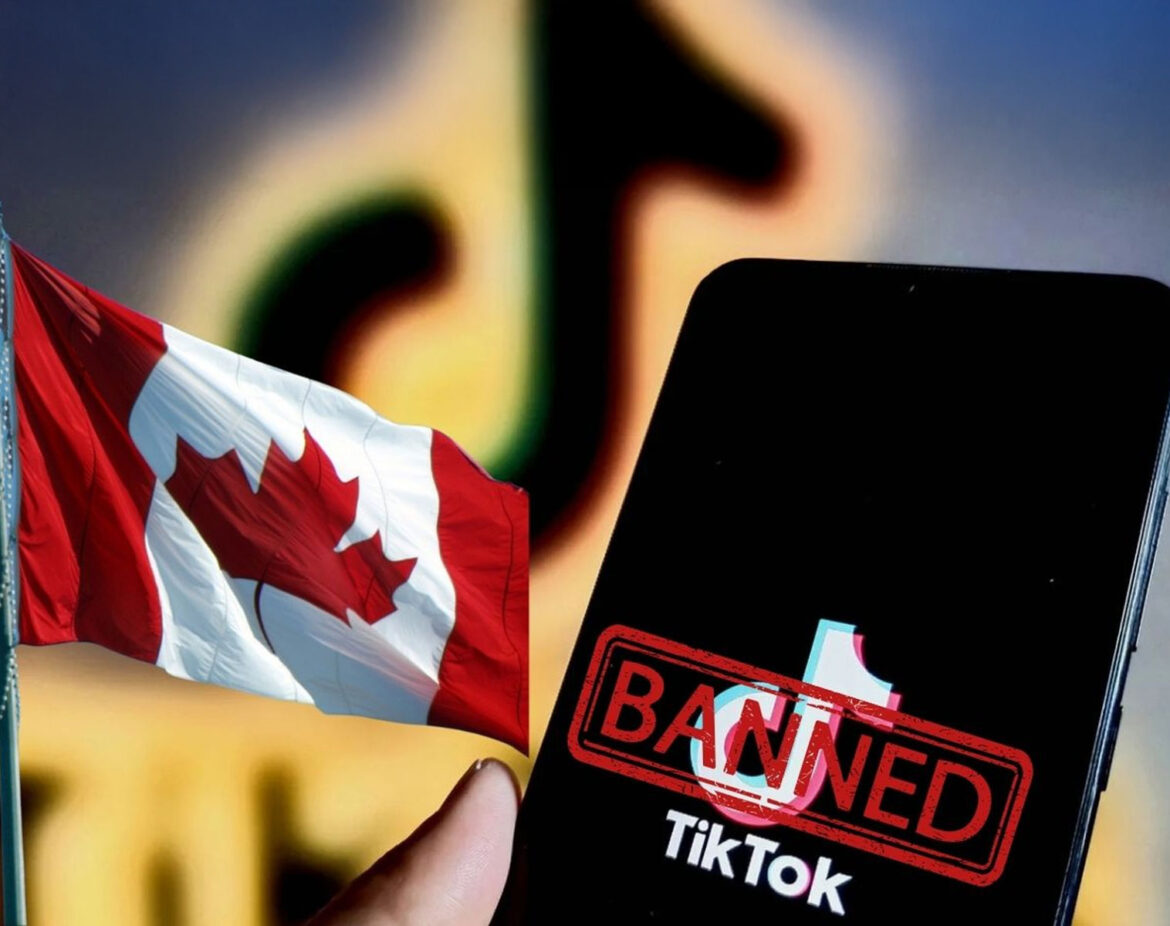Canada has ordered Chinese-owned TikTok’s operations in the country to be dissolved, citing national security risks. However, the government clarified that this decision would not block Canadians from accessing the popular short-video app or creating content.
Innovation Minister Francois-Philippe Champagne announced the move on Wednesday, stating that the government is addressing specific national security concerns related to ByteDance Ltd, TikTok’s Chinese parent company. The dissolution of TikTok’s Canadian business will be carried out through the establishment of TikTok Technology Canada Inc.
The decision follows a review initiated by Ottawa last year regarding TikTok’s investment and expansion plans in Canada. Under Canadian law, the government is empowered to assess potential risks to national security posed by foreign investments, such as the one involving TikTok. However, the details of the review cannot be disclosed due to national security regulations.
“The decision was based on the information and evidence collected over the course of the review and on the advice of Canada’s security and intelligence community and other government partners,” Champagne added.
In response to the government’s order, TikTok has announced plans to challenge the decision in court. A TikTok spokesperson criticized the move, arguing that shutting down the company’s Canadian offices would lead to the loss of hundreds of well-paying local jobs.
“This shutdown order will do just that, and it’s not in anyone’s best interest,” the spokesperson said in a statement.
The Canadian government had previously banned the TikTok app from government-issued devices, citing concerns about privacy and security risks. This latest decision adds to the growing scrutiny of TikTok’s operations in Western countries.
In the United States, ByteDance and TikTok have been involved in legal battles as well, with TikTok suing to block a law signed by President Joe Biden in April. The law gives ByteDance until January 19 to sell TikTok or face a potential ban, citing national security concerns related to Chinese ownership. The White House has made it clear that while it seeks to sever Chinese ownership, it does not support an outright ban of TikTok.



